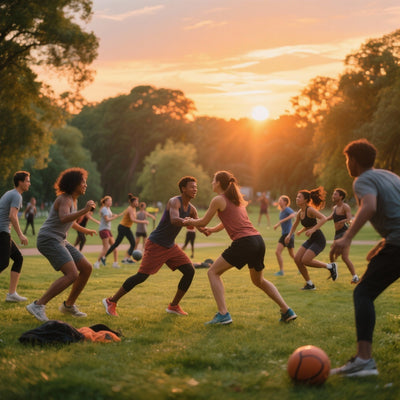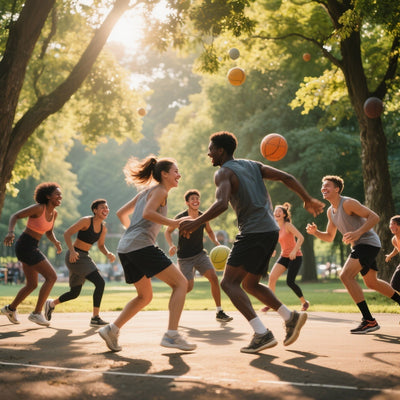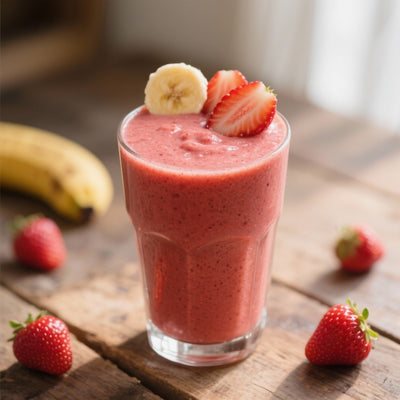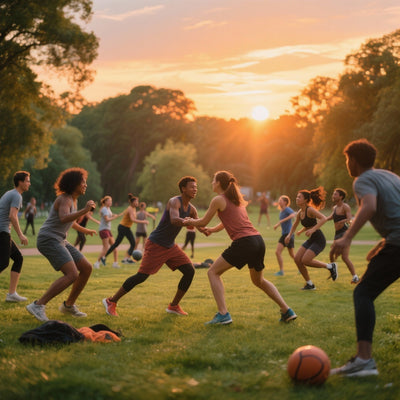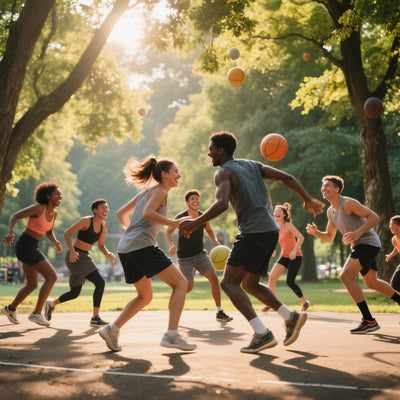Why Eating Slowly Increases Your Calorie Intake by 20%
You've probably heard that you should eat slowly. The benefits are often touted: better digestion, greater satiety, and even weight loss. But what about the impact on your calorie intake? A surprising study reveals that by eating slowly, you could, paradoxically, increase your calorie consumption by 20%. How is this possible? That's what we'll explore in this article, breaking down the mechanisms at play and giving you tips to optimize your diet.
Contrary to popular belief, eating slowly doesn't always mean fewer calories. It's crucial to understand how the speed at which you eat interacts with your body's hunger and satiety signals. We'll see that context and awareness of your sensations play a vital role. So buckle up, because what you're about to discover might just change the way you think about food.
The Paradox of Slowness: How Does It Work?
The main explanation lies in the time it takes your body to register satiety. It takes your brain about 20 minutes to receive the signal that you've eaten enough. If you eat too quickly, you can consume a significant amount of food before you even feel full. However, eating slowly can prolong the meal, encouraging you to eat more simply because you spend more time at the table and get bored.
Scientific Studies: What Do They Say?
Several studies have examined the impact of eating speed on calorie intake. Some show that eating slowly leads to lower calorie consumption. Others, on the contrary, suggest that it can lead to increased consumption, particularly in social and recreational settings. Context is therefore a determining factor. Studies also point out that people can more easily appreciate the flavors of food and thus consume more.
The Influence of the Environment and Distractions
Eating in front of the television, while working, or while checking your phone can distract you from your body's satiety signals. You're then more likely to eat faster and more, without even realizing it. The social environment also plays a role. A meal with friends can drag on, encouraging you to snack longer.
How to Optimize Your Diet: The Keys
The solution isn't to eat as quickly as possible, but to develop a greater awareness of your body's signals. Here are some tips to optimize your diet:
- Listen to your body: Learn to recognize the signals of hunger and satiety.
- Eliminate distractions: Focus on your meal and savor every bite.
- Choose foods rich in fiber: They promote satiety.
- Drink water during your meal: This can help you feel fuller.
- Use smaller plates: This can help you control portion sizes.
"Mindful eating means reconnecting with your sensations and your body, for a more intuitive and healthier diet."
Adapt Your Approach: The Case-by-Case Approach
There is no single solution. The ideal approach depends on your metabolism, habits, and environment. Experiment with different strategies and adapt them to your needs. The important thing is to develop a healthy and mindful relationship with food.
Eating Slowly: A Tool, Not a Panacea
In conclusion, eating slowly can be beneficial for digestion and satiety, but it can also increase your calorie intake if you're not mindful. The key is to develop a greater awareness of your sensations, eliminate distractions, and adapt your approach to your needs. So, take the time to savor each bite, but don't forget to listen to your body!

